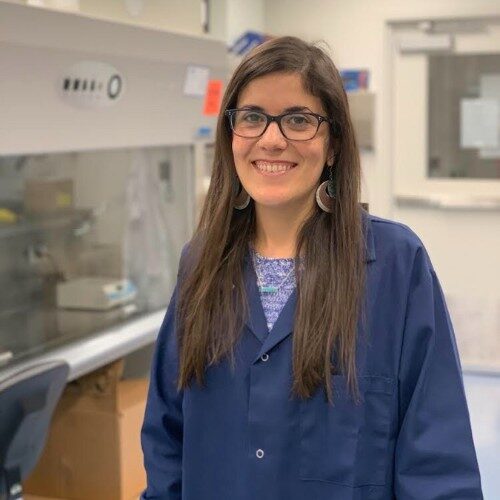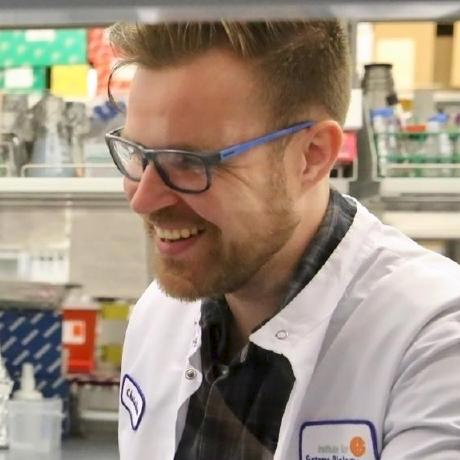PRE-CONFERENCE WORKSHOP DAY | TUESDAY, MAY 25 2021
Workshop A
Morning "Coffee Room" Networking
09:30 - 10:00 EDT
Using Next-Generation Sequencing, Artificial Intelligence & the Human Microbiome to Address Precision Medicine & Antimicrobial Resistance
10:00 - 12:00 EDT
As the current pandemic as well as the ongoing spread of infectious diseases and increase in AMR continues, nextgeneration
sequencing (NGS) tools powered by artificial intelligence have emerged as robust tools to discover, diagnose and monitor the spread of infectious diseases while helping to guide precision treatment.
This workshop will outline how NGS and new bioinformatic tools can be used to enable personalized, data-driven pathogen discovery and diagnostics from the individual to the community.
Workshop Outline
- Harness microbial information to understand how microbes evolve and spread
- Understand how new bioinformatics tools can be used to provide new insights on AMR pathogens
- Learn how artificial intelligence can better predict patterns to guide patient treatment in infectious diseases and other chronic disorders
- Leverage insights gathered from the microbiome to fight infectious disease through the development of precision diagnostics
- Further the understanding and treatment women’s health through the microbiome
You should attend this workshop if you:
- Work in the field of infectious diseases
- Utilize metagenomic data in academic or clinical settings
- Would like to leverage insights how metagenomic data can evolve in the clinical diagnostic field of infectious diseases with its challenges
Workshop Leader:

Dorottya Nagy- Szakal
Chief Medical Officer
Biotia

Mara Couto-Rodriguez
Director of R&D
Biotia
Workshop B
Lunch "Coffee Room" Networking
13:00 - 13:30 EDT
A Deep-Dive into Microbe-Centric Metabolic Modelling
13:30 - 15:30 EDT
This workshop will outline the opportunities and limitations of metabolic models and provide hands-on experience in simulating microbial metabolism in the human gut.
Workshop Outline
What is metabolic Modelling?
-
Metabolic fluxes
-
The steady-state assumption
-
Flux Balance Analysis
-
Environmental conditions
Genome-scale metabolic network reconstructions for gut microbes
-
Draft reconstructions (CarveMe, ModelSEED, gapseq)
-
Standardized model databases (AGORA)
-
Assessing model quality and manual curation (MEMOTE, minimal media)
-
Limitations and pitfalls
Metagenome-scale Metabolic Modelling
-
Reducing the flux space with the cooperative tradeoff method
-
Simulating microbial community models with MICOM
-
Identifying growth niches
-
Simulating personalized interventions
You should attend this workshop if you:
-
Use systems biology approaches in your research or product development portfolio
-
Would like to understand the potential impact and limitations of genome-scale metabolic models applied to the microbiome
-
Would like to identify optimal intervention strategies for the gut microbiome
Workshop Leader:

Christian Diener
Research Scientist
Institute for Systems Biology
